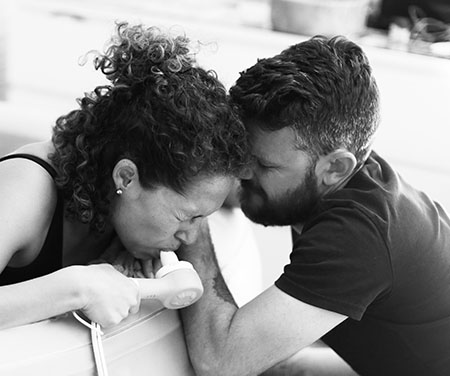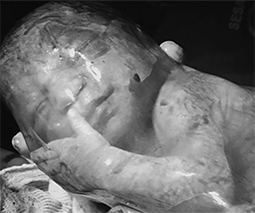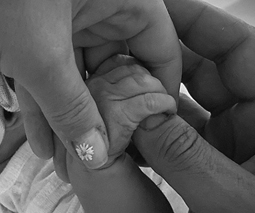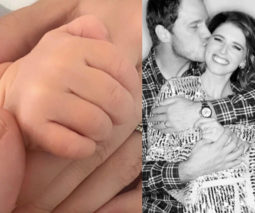Do I really have to wait out the full 40 weeks of pregnancy?

You’re 37 weeks pregnant and the end is finally in sight. It’s nearly time to meet your baby and the way you’re feeling, you’d rather it be sooner than later. However, experts now believe that unless there’s a medical reason for giving birth early, you’re better off waiting until your due date. Your baby is still busily developing and those last few weeks can be vital.
Full-term pregnancy – what is it?
Usually, pregnancy lasts approximately 40 weeks, (280 days) from the first day of your last period until your due date. However, now the American College of Obstetricians and Gynecologists (ACOG) and the Society for Maternal-Fetal Medicine (SMFM) have joined forces to define full-term pregnancy as lasting between 39 weeks, 0 days and 40 weeks, 6 days, which is one week before and one week after your due date. The ACOG and SMFM also use the following definitions when describing pregnancy:
- Early term: Between 37 weeks, 0 days and 38 weeks, 6 days.
- Full term: Between 39 weeks, 0 days and 40 weeks, 6 days.
- Late term: Between 41 weeks, 0 days and 41 weeks, 6 days.
- Post term: After 42 weeks, 0 days.
Why wait?
When I was pregnant, I was under the impression that by 37 weeks, my baby was pretty much fully formed and ready to go. However, this is no longer the case. There is a great deal of development that occurs in the last stage of pregnancy.
“We now know that important organs, such as the lung and the brain, are not fully developed until 39 weeks,” says Jason K. Baxter, M.D., an ob-gyn specialising in high-risk pregnancies at the Thomas Jefferson University Hospital in Philadelphia, according to Parents.
In fact, healthychildren.org from the American Academy of Paediatrics, says that the foetus goes through a significant amount of lung, liver, and brain development between 37 weeks and 39 weeks of pregnancy. The publication also states that you can avoid or reduce many health risks for the mother and the baby by waiting until 39 weeks of pregnancy to deliver, as long as there is no medical reason to do otherwise.
Can I please give birth a little earlier?
In 2017, 32 percent of births in the USA were via caesarean, according to the National Centre for Health Statistics. However, now research shows that unless absolutely necessary, elective births are not advisable for the baby. “The evidence is so compelling that a growing number of American hospitals are launching programs to help prevent elective deliveries before 39 weeks of gestation,” Diane Ashton, M.D., deputy medical director of the March of Dimes told Parents.
What’s in a few weeks?
According to March of Dimes, your baby needs 39 weeks for the following reasons:
- Important organs, like your baby’s brain, lungs and liver, need time to develop. The brain develops fastest at the end of pregnancy. A baby’s brain at 35 weeks of pregnancy weighs only two-thirds of what it will weigh at 39 to 40 weeks.
- Your baby is less likely to have health problems after birth, like breathing, vision and hearing problems.
- Your baby can gain more weight in the womb. Babies born at a healthy weight have an easier time staying warm than babies born too small.
- Your baby can suck and swallow and stay awake long enough to eat after he’s born. Babies born early sometimes can’t do these things.
- Your baby is less likely to have learning problems and health problems later in life than babies born before 39 weeks.
You may be desperate to get on with it and finally hold your baby in your arms, but if it means your baby is healthier and happier and more fully developed, then it’s worth waiting a little longer. After all, you have the rest of your life to enjoy your baby, what’s a few more weeks, anyway?









